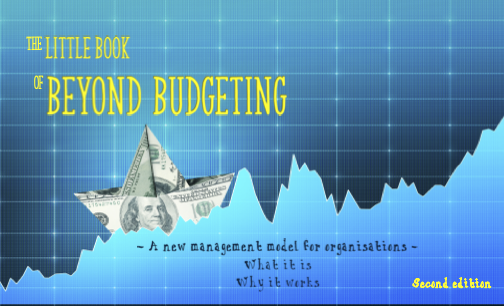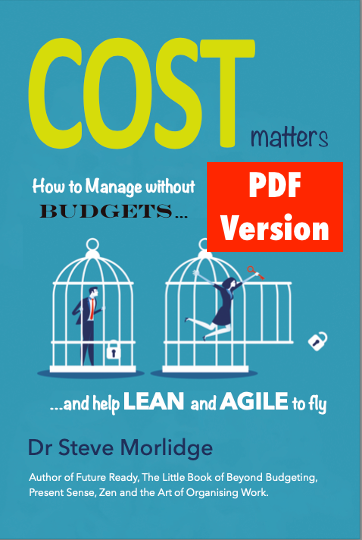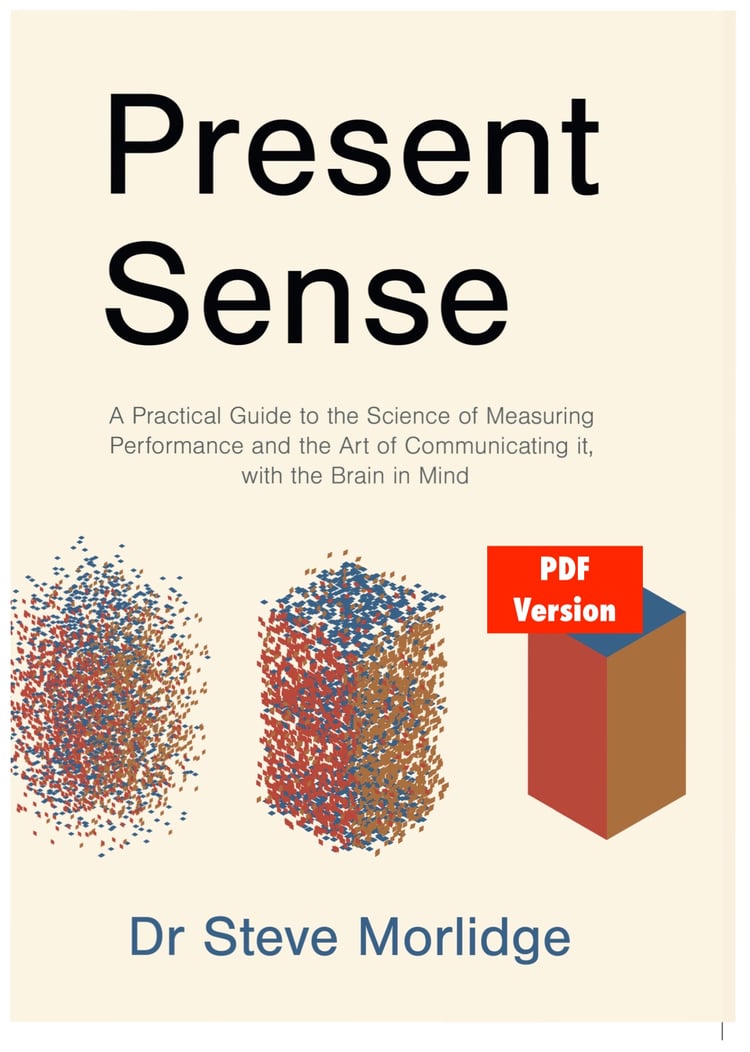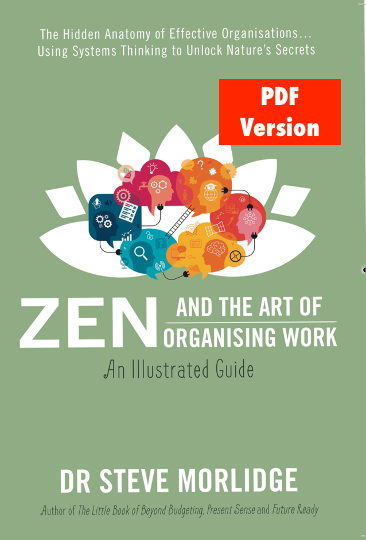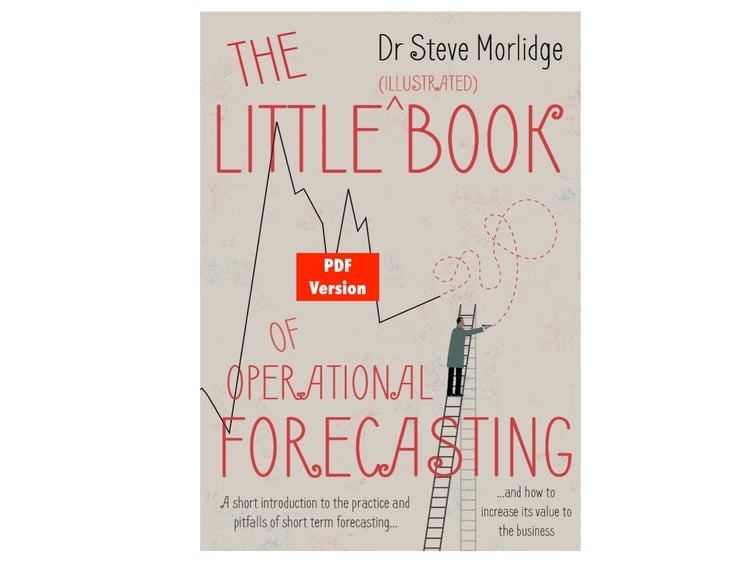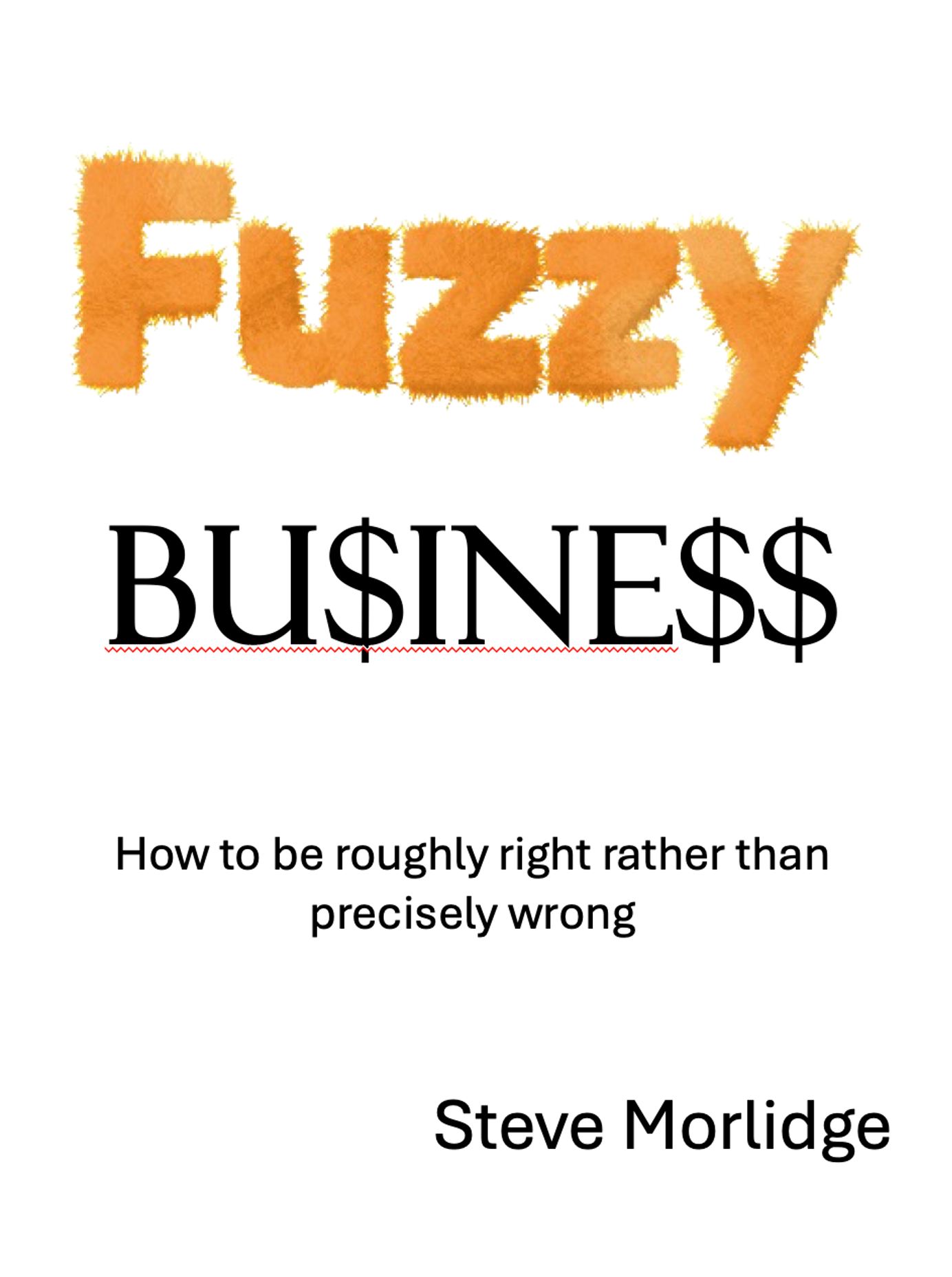
Fuzzy Business: How to be roughly right rather than precisely wrong
THIS IS A PREPUBLICATION REVIEW COPY.
I am interested in your views which can be added to the comments section below.
Specifically I would like to know:
- What did you like?
- What didn't you like?
- What would you like me to add?
- What do you think I should take away?
- What would you like me to change?
In return you will get credit when the book is published and a free autographed copy.
Thank you!
Our recent scientific advances as a species are largely the result of being able to be more precise about more things.
But we know from our personal experience - at home and in our working lives - that most of what we deal with is not precise. It is imprecise and fuzzy, made up of shades of grey.
Sometimes this is because we don't have the time or the instruments needed to make precise measurements. But there are many things that are impossible to measure precisely (such as thoughts feelings and opinions) and others (such as forecasts) where we can be precise, but wrong.
And often precision doesn't represent our intentions (as in detailed targets) or is not required for the kind of decisions we need to make.
This book explains ideas and concepts designed to help us manage better in the world as it really is - messy, imprecise, uncertain and ambiguous.
In other words, how to be roughly right rather than precisely wrong.
The idea of ‘fuzziness’ and concepts needed to handle it has been around for over 50 years and is embedded in the technology that controls household devices we use every day such as cameras, smart cookers and automatic gearboxes. It is clever stuff, but most of us will never need to know how it works in these applications.
This book shows how these ideas can be used to help tackle common place business problems of the sort that we encounter every day – and in a way that simple enough to be applied using pen and paper or crude spreadsheets, and without the need for any mathematical training.
The primary audience for this book is practical businesspeople. But any intellectually curious reader will enjoy learning about things like the solution to the Sorites paradox which continues to baffle people, over two millennia after it was first stated.
It goes like this:
If 100 stones make a heap when we take away one is it still a heap?
What if we take away another, and another and so on?
Intrigued?
Read on.


